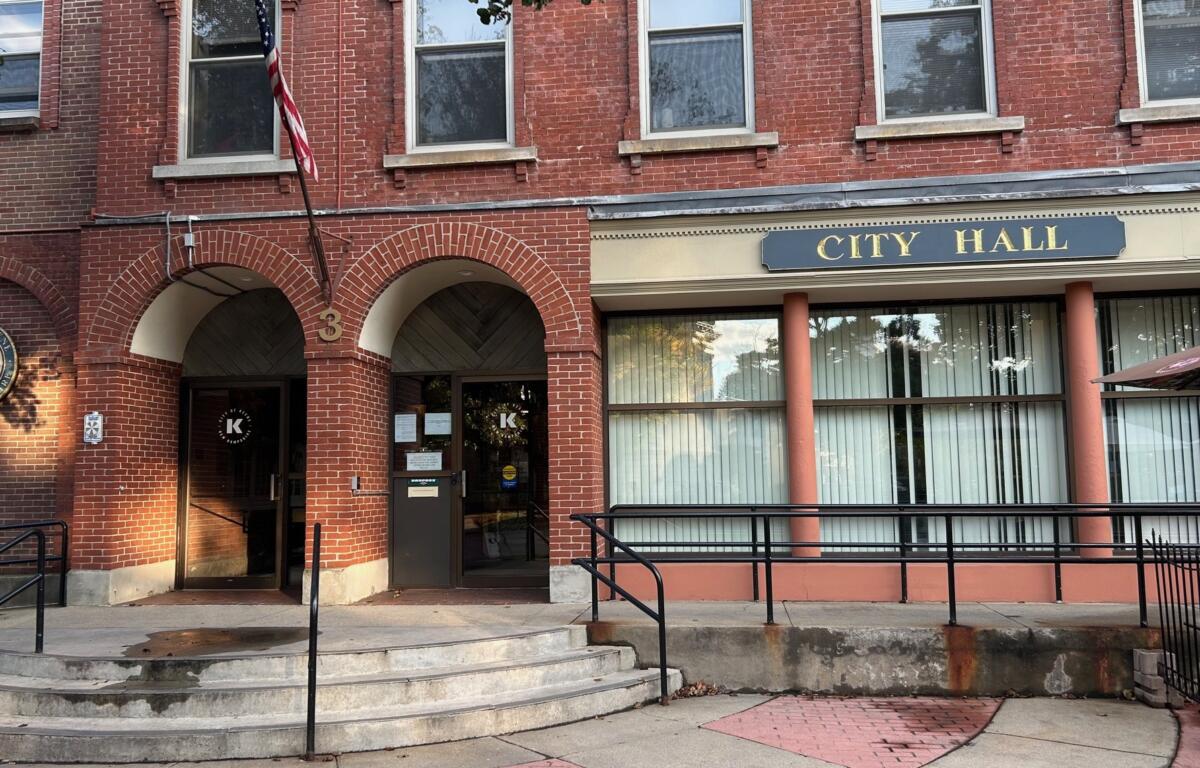KEENE, N.H. (MyKeeneNow) The Keene City Council’s Finance, Organization and Personnel Committee continued its detailed review of the city’s proposed $85.9 million operating budget Thursday night, turning its attention to city departments, utility rates, and operational updates aimed at modernizing services and maintaining fiscal health.
Thursday’s meeting built on discussions from earlier this week when councilors began scrutinizing City Manager Elizabeth Dragon Ferland’s proposed spending plan for fiscal 2025, which would raise property taxes while preserving existing services and staffing levels.
The general fund, which determines the city’s property tax rate, is set at $53.2 million—up from $52.4 million last year. To support that, property taxes would rise by nearly $600,000, increasing the tax rate to $13.59 per $1,000 of assessed value. For a home valued at $300,000, that translates to an annual city tax bill of about $4,077, up from $4,035 last year.
On Thursday, the committee dug into departmental budgets and infrastructure funding needs. A key item was the proposed 5 percent increase in water and sewer rates, the first step in a multi-year plan to sustain utility operations amid rising costs. Finance staff explained that the increase aligns with a 15 percent industry-wide cost surge since 2021 and is necessary to maintain compliance with city financial guidelines. Councilors also backed a flat $75 fee for water service calls and endorsed a new bulk water rate to support a planned city dispenser project.
Community Development Director Paul Andrus briefed councilors on his department’s recent activity, highlighting the review of 139 permits and coordination of 691 projects totaling $45 million in value. Andrus also noted that more than 650 residents have participated in public meetings and surveys as part of the city’s master plan update. Looking ahead, he outlined goals such as improving customer service, updating development codes, and streamlining internal systems for permit processing.
Parking operations also came under review, with Parking Operations Manager Chelsea North outlining recent changes that include the elimination of Keene’s overnight winter parking ban (except during snow emergencies), the installation of modern pay stations, lower online ticket payment fees, and the launch of a text-to-park program. Councilors asked about the parking fund’s self-sufficiency, with officials clarifying that while the fund is intended to be self-sustaining, certain operations continue to receive tax support.
In human resources, ongoing contract talks with three collective bargaining units are progressing, though councilors were told that a long-awaited wage study has been delayed by the slow issuance of a request for proposals. HR staff also noted that Keene’s workforce is trending younger, though recruitment remains a challenge, particularly for technical positions.
The committee also reviewed budget requests from the Information Technology Department, which is planning a $20,000 shift to an in-house phone system and a $33,000 city match for new permitting software. City Attorney Amanda Palmiara requested minor supplemental funding for department cell phones and software licenses, while City Assessor Dan Langille reported that his office, operating with three staff members, expects only modest increases in personnel costs as it prepares for a full property tax revaluation in 2026.
Thursday’s session concluded with the committee voting to recommend adoption of an ordiance to formalize the water and sewer rate hikes, effective July 1. Councilors also agreed to continue budget discussions at future meetings, with a public hearing scheduled for June 5 and a final council vote expected later in June.
If adopted, the new budget will take effect July 1, raising the city tax rate by 14 cents per $1,000 of assessed value—a 2.06 percent increase that keeps spending under the city’s fiscal policy limit, even as inflation and rising health care costs strain municipal budgets across the region.




